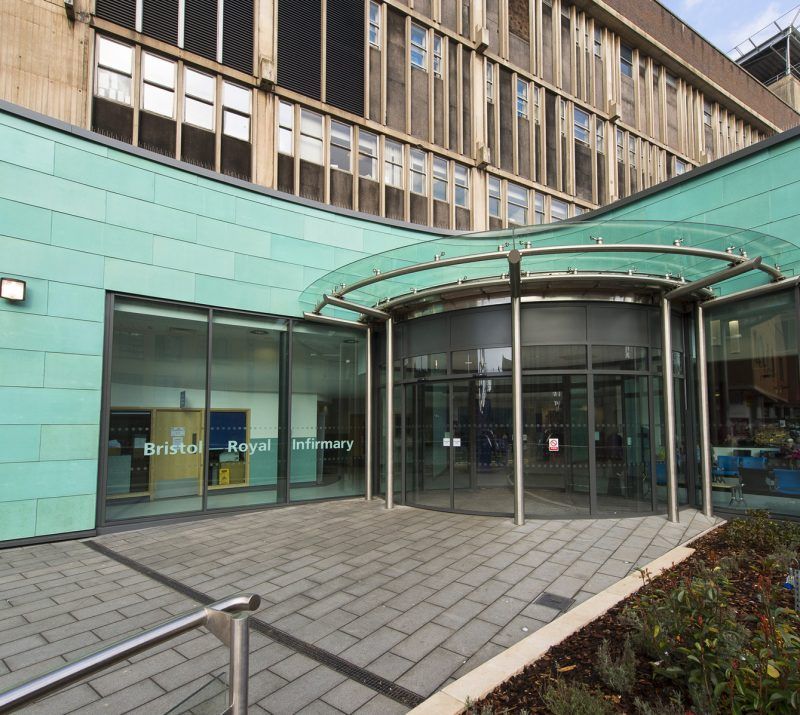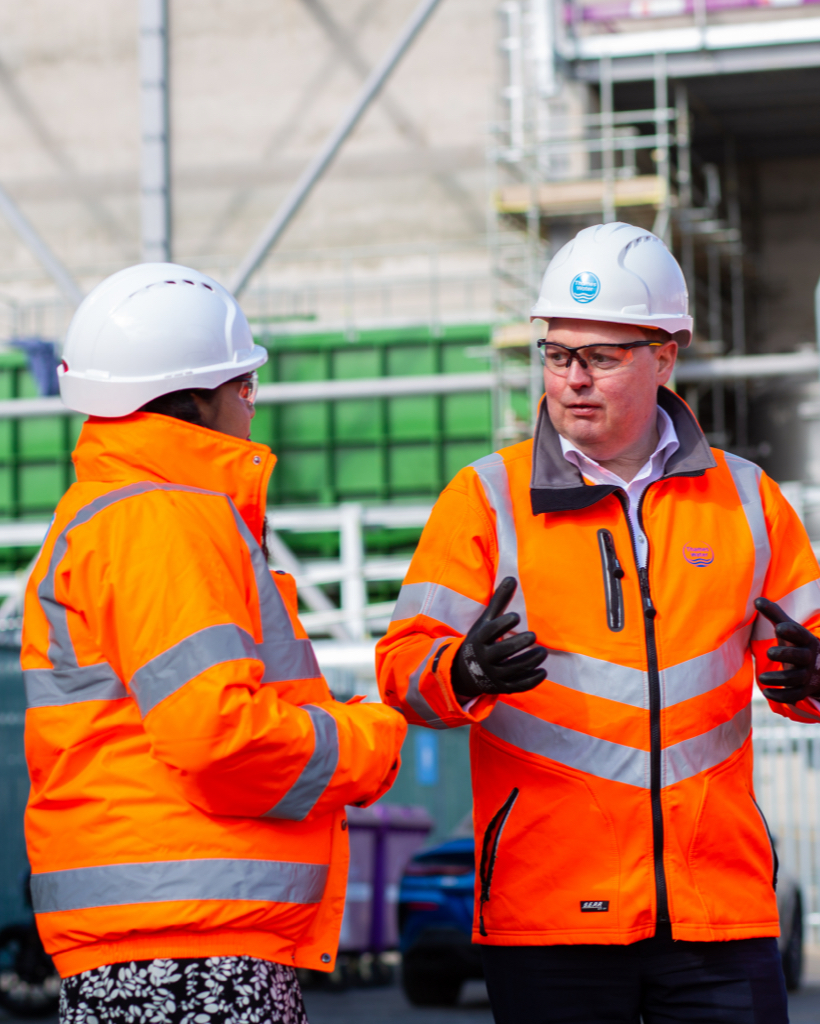Investigating the drainage arteries of Bristol’s main hospital

Lanes Group has been commissioned to investigate the health of the drainage arteries of the Bristol Royal Infirmary.
As part of the latest step in major refurbishment programme, Lanes Group has been commissioned to carry out a comprehensive CCTV drainage survey across the site.
The results of the survey will help the hospital’s estates department plan an £8 million programme to improve the King Edward Building, known as the KEB, on the site.
Drainage engineers based at Lanes Group’s Bristol depot have been carrying out the detailed survey work, while ensuring they do nothing to disrupt patient care.
Since 2011, the University Hospitals Bristol NHS Foundation Trust, which runs the BRI, has spent £86m refurbishing the site to develop new services and improve patient care.
Keith Farley, Assistant Director Estates Projects (Interim) at the foundation trust, said: “Lanes Group has worked well with our teams, and will provide survey data that will be very useful for planning our refurbishment of the KEB, as well as future drainage maintenance across the whole site.”
Lanes Group Area Development Manager Sean Malone said: “Most hospital sites have a range of buildings developed over several decades.
“As such, their drainage systems are complicated and need a range of approaches to maintain them to a required standard.
“Record-keeping, in the past, has also often been less than complete. With the age of the buildings on the BRI site, all these issues are very much in evidence.
“Some structures date back to at least the 18th Century, if not before, and we are surveying some drainage assets for the first time since they were installed.”
Following the four-day survey, the Lanes team will provide the BRI’s estates department with a detailed map of the hospital’s drainage system – along with HD quality video evidence of its condition, gathered using flexible rod cameras and remote-controlled robotic crawler cameras.
A significant amount of the CCTV survey work has been done at night, when the hospital is at its quietest, and the load on the drainage system is at its lowest.
Access manholes to some drains are located inside hospital buildings, so the CCTV drainage teams have been working inside tents, to enhance health and safety, minimise odour problems, and support patient dignity.
Sean Malone said: “Health and safety is always our paramount concern, and we are even more sensitive to the issue working in a busy hospital like the BRI. It’s when our procedures and the skill of our drainage engineers come to the fore.”







